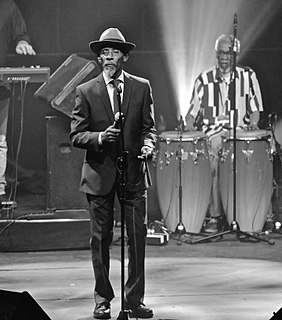A Quote by Diane Wakoski
Still, language is resilient, and poetry when it is pressured simply goes underground.
Related Quotes
We believe we can also show that words do not have exactly the same psychic "weight" depending on whether they belong to the language of reverie or to the language of daylight life-to rested language or language under surveillance-to the language of natural poetry or to the language hammered out by authoritarian prosodies.
Poetry cannot be translated; and, therefore, it is the poets that preserve the languages; for we would not be at the trouble to learn a language if we could have all that is written in it just as well in a translation. But as the beauties of poetry cannot be preserved in any language except that in which it was originally written, we learn the language.
Poetry, for example, goes so deeply into the space between corporeal affect and deep emotion (even primal in some cases) that, as Emily Dickinson said, it can blow the top of your head off. Poetic language is sometimes misunderstood as "abstract" when in reality, it's precise - precisely the language of emotions and the body.
That the language of the poetry of Jamaican music is rastafarian or biblical language cannot simply be put down to the colonizer and his satanic missionaries. The fact is that the historical experience of the black Jamaican is an experience of the most acute human suffering, desolation and despair in the cruel world that is the colonial world.






































